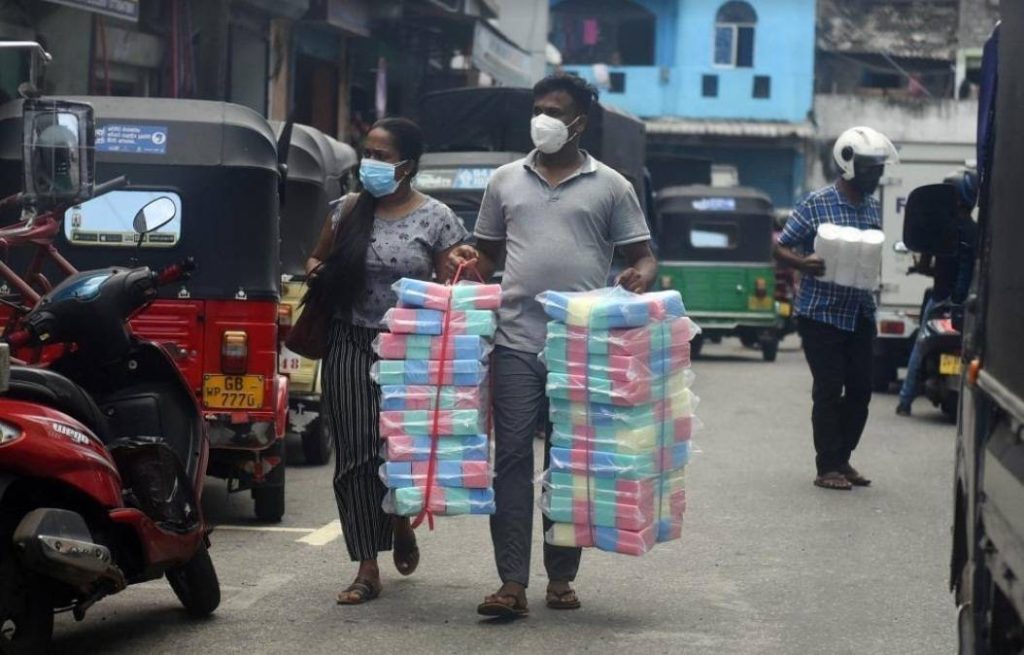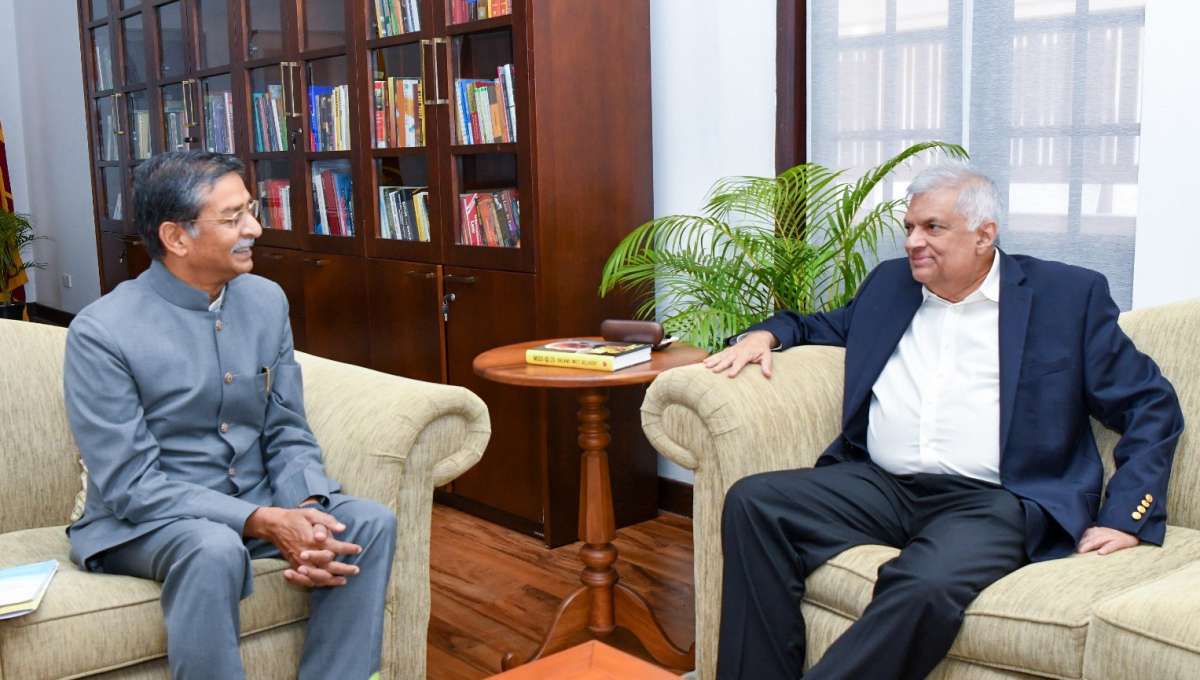Lankan President met Bharat Lal, Director General of the Indian Institute of Good Governance, reports Susitha Fernando
The head of Indian Institute of Good Governance shared India’s experience to improve the performance of civil service using information technology with Sri Lankan President Ranil Wickremesinghe, who expressed interest in replicating this in his country.
The President met Bharat Lal, Director General of the Indian Institute of Good Governance, who visited Sri Lanka to discuss potential ways to enhance the country’s civil service and improve government institution performance by implementing effective monitoring measures.
At the meeting at the President’s official residence on Saturday, Lal “shared
how India was successful in integrating information technology into civil service”, the President Media Division (PMD) stated.
“India’s success in incorporating information technology into public service delivery, has resulted in significant progress and cost savings,” he told the Sri Lankan head of state.
During the discussion, President Wickremesinghe urged Lal’s assistance in establishing a University of Governance and Public Policy in Sri Lanka.
On Friday, launching a master plan to digitalise the country’s economy by 2030, the President vowed to build a digitalised modern Sri Lanka by digitalising the government sector. He said that a Committee of Cabinet Ministers would be set up to ensure that the government sector digitalisation would be done speedily.
He said that it is a duty of the government to accelerate the digitalisation.
During the Saturday discussion with President Wickremesinghe, Lal was accompanied by Indian High Commissioner in Colombo, Gopal Baglay.

Inflation drops
Sri Lanka’s inflation decreased to 50.3 per cent in March from 50.6 per cent the previous month amid the ongoing economic crisis, official statistics revealed.
The year-on-year inflation of the food group dropped to 47.6 per cent in March from 54.4 per cent in February, and inflation in the non-food group increased to 51.7 per cent from 48.8 per cent in February, reports Xinhua news agency.
Inflation in the country has been dropping in the last few months.
Inflation fell to 54.2 per cent in January from 57.2 per cent in December 2022.
The country’s central bank said that inflation will be reduced to single digit by the end of the year.
As Sri Lanka is still undergoing its worst ever economic crisis since independence in 1948, the island nation last month had finally secured a $2.9 billion bailout from the International Monetary Fund (IMF), which came as a lifeline for the island nation that has billions of dollars in loans.
The Covid-19 pandemic, rising energy prices, populist tax cuts and inflation of more than 50 per cent has battered Sri Lanka.
A shortage of medicines, fuel and other essentials also pushed the cost of living to record highs, triggering violent nationwide protests which overthrew the Gotabaya Rajapaksa government in 2022.
As a result the country defaulted on its debts with international lenders last May for the first time in its history.

